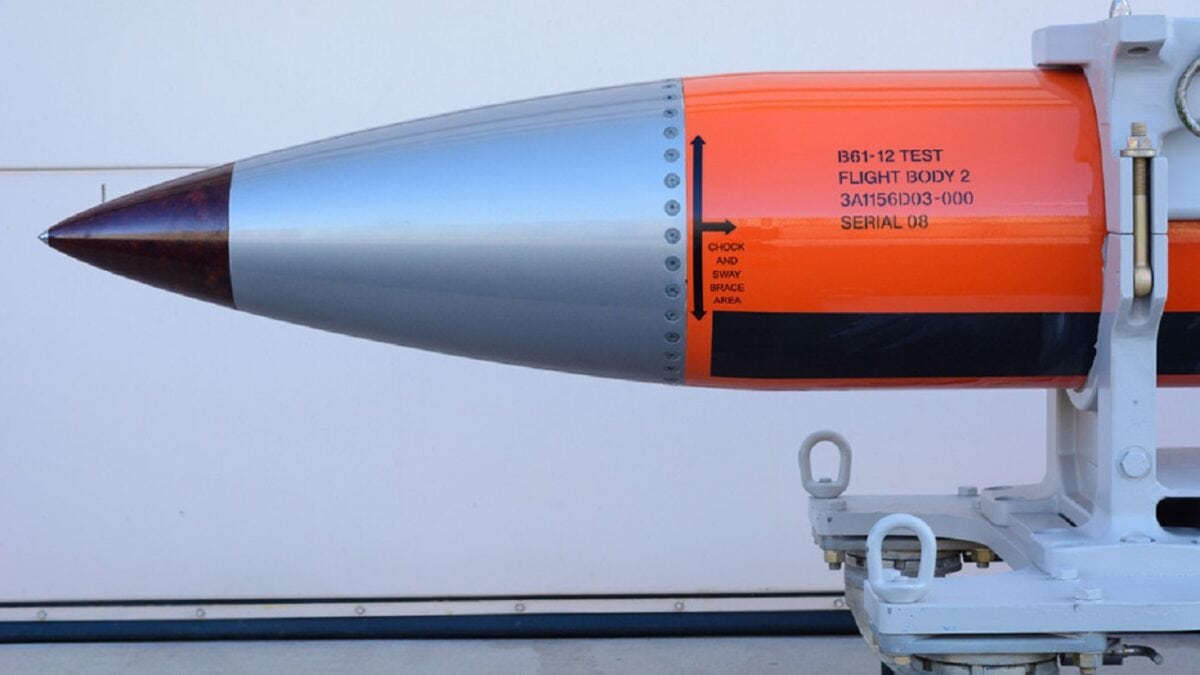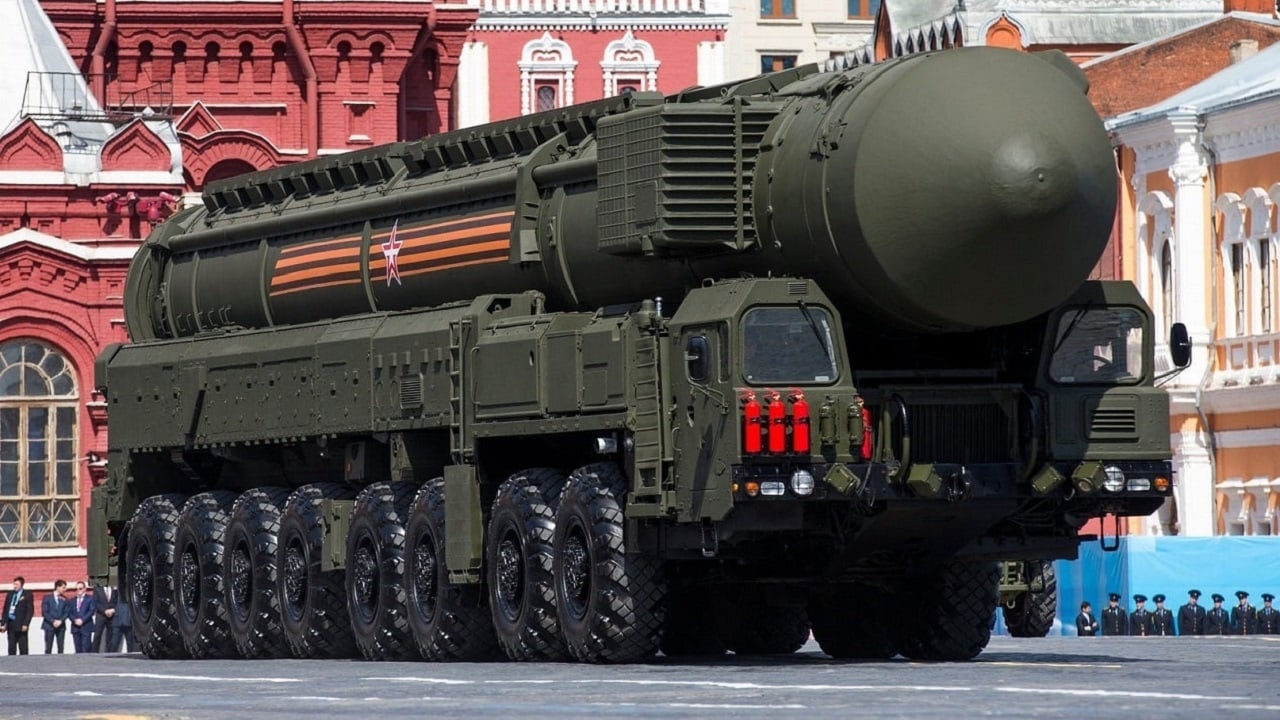In the last few weeks, there has been widespread speculation that Russian President Vladimir Putin might use a nuclear weapon in his war against Ukraine. This has generated speculation on how the West might react, including the use of nuclear weapons in response. As Cheryl Rofer notes, much of this commentary has been irresponsible, trading on the lurid, apocalyptic possibilities of nuclear weapons to throw out alarmist scenarios. Her trenchant term for this is ‘nukeporn.’ She is almost certainly right.
Putin’s Nuclear War? Not Likely to Happen
Putin is highly unlikely to use nuclear weapons. He even had to say he is not bluffing, because he has been, with nukes, since the start of the war. And given that Putin supporters in the West have been the ones talking up this contingency, one strongly suspects bad faith. That is, Putin’s Western flunkies are hyping nuclear war to scare the West into ceasing aid to Ukraine, in order to help Russia win the war, which is their real goal.
There are at least four major reasons why Russian nuclear escalation is a huge gamble, with such a low upside probability, that use is unlikely:
What Target would Putin Strike?
This is the biggest problem. There is no obvious target. Even a small battlefield or tactical nuclear weapon – less than five kilotons in yield – would have massive destructive effects. There would also be enormous geopolitical blowback (discussed below). What huge, valuable, hardened target is commensurate with such force?
The Ukrainian army is not concentrated enough in one location to merit so much striking power. The Russian-Ukrainian front is hundreds of miles long, with fighters stretched out all across southeastern Ukraine. Russia also has poor intelligence for finding possible Ukrainian concentrations. Any meaningful Ukrainian military target can be sufficiently struck with Russian conventional weapons.
Nor is there any obvious infrastructural target. Ukrainian transportation nodes – road and rail exchanges, bridges – hardly merit such massive force.
This leaves striking a city, with the sole intent of killing civilians in huge numbers. This is conceivable; a city is large enough to be commensurate with the power of a nuclear weapon. But the global backlash would be massive. NATO would likely enter the war directly after what would seem to many like nuclear genocide. And such a ‘counter-value’ strike would still not help Russia on the battlefield, to actually win the war.
Would a Nuclear Strike Outweigh the Massive Global Backlash?
No one knows how the world would respond to such a strike. But Russia would almost certainly lose the tepid support it now has in China, India, and the global south. A nuclear strike – raising the terrifying prospect of normalizing nuclear weapons use in future wars – would scare even the most hardened anti-western regimes.
The democratic world’s response would be severe. Russia would face extreme economic sanctions, including complete expulsion from the SWIFT system, confiscation of overseas assets, expulsion of its nationals, and so on. NATO would likely intervene in the air and at sea, enforcing the no-fly zone which was so controversial this spring, and sinking Russia’s Black Sea fleet. And if the Russian nuke were used against a city, with massive civilian casualties, NATO might enter the war on the ground.
The Russian Army in Ukraine Could be Affected
For a battlefield nuclear weapon to meaningfully alter the course of the war, it would have to be used close to the fighting. That almost certainly means exposure of some forward Russian units to the effects of the blast. Russian logistics has not performed well providing Russian units with their basic needs. It is hard to imagine that logistical train also provides protective gear for operations on an irradiated battlefield. So Russia’s new conscript army – already suffering from morale and desertion problems – would be exposed to radiation, and possibly the strike itself if they were close enough. This would almost certainly worse the army’s problem of low commitment to the fighting.
Ukraine Probably Would Not Give Up
The battlefield value of a nuke drop is low. There is no obvious target to offset the huge geopolitical blowback, and the Russian army itself might be impacted too. This might spark a collapse of Russian lines as units refused to fight on a post-nuclear battlefield.

US Military B-61 nuclear weapon. Image Credit: US DOD.
The impact on Ukraine’s willingness to struggle on is also probably low. Bombing opponents into surrender has a poor record of success. The effects of a tactical strike would be limited to the region hit and would probably not push Kiev to make peace. On the hand, a large or strategic strike on a city, with massive casualties and destruction might, push the remaining Ukraine leadership to give up. Except that NATO would probably enter the war after such a strategic strike, obviating the value of it.
In short, there is no clear pathway where a nuclear strike – inclusive of the harsh global response it would incur – improves Russia’s chances to win the war.
Expert Biography: Dr. Robert E. Kelly (@Robert_E_Kelly; RoberEdwinKelly.com) is a professor of international relations in the Department of Political Science at Pusan National University and 19FortyFive Contributing Editor.

